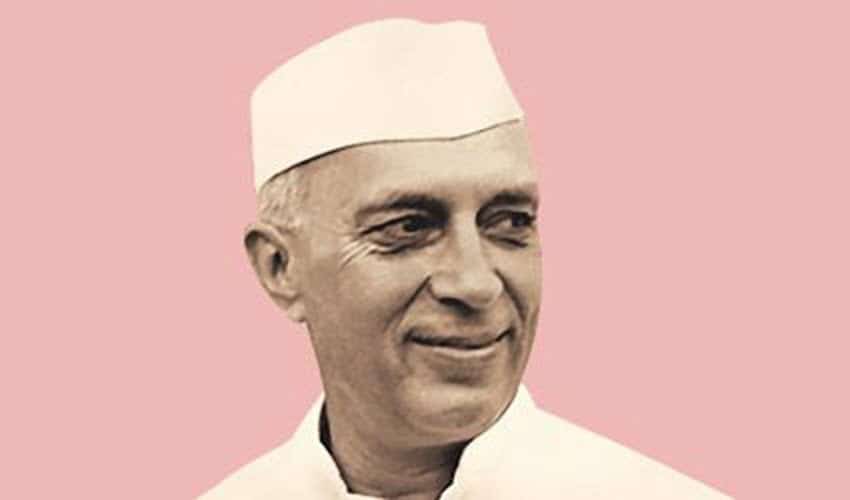Pandit Jawaharlal Nehru: Architect of Modern India and Champion of Democracy

Pandit Jawaharlal Nehru (14 November 1889 – 27 May 1964) was an Indian anti-colonial nationalist, secular humanist, social democrat, and author who was a central figure in India during the middle of the 20th century. Under Nehru’s leadership, the Congress emerged as a catch-all party, dominating national and state-level politics and winning elections in 1951, 1957 and 1962. His premiership, spanning 16 years and 286 days—which is, to date, the longest in India—ended with his death on 27 May 1964 from a heart attack. Hailed as the “architect of Modern India”, his birthday is celebrated as Children’s Day in India.
Life and Career
He was born on November 14, 1889, in Allahabad, India, into a wealthy and influential family. Nehru was educated in England at Harrow School and Trinity College, Cambridge. Nehru was deeply influenced by the ideas of Mahatma Gandhi and became an active participant in the Indian National Congress, the leading organization advocating for Indian independence. He held various leadership positions within the Congress and became a close associate of Gandhi.
Nehru’s political career gained momentum during the non-cooperation movement and the civil disobedience movement, both of which were led by Gandhi. He was imprisoned several times for his involvement in these movements. Nehru’s commitment to socialism and secularism shaped his political ideology.
After India gained independence in 1947, Nehru became the first Prime Minister of the newly-formed Republic of India. He played a crucial role in shaping the nation’s foreign policy, advocating for the principles of non-alignment during the Cold War and establishing diplomatic relations with various countries. Nehru implemented significant economic and social reforms, including the initiation of Five-Year Plans aimed at industrializing the country.
Pandit Jawaharlal Nehru passed away on May 27, 1964, due to a heart attack. His death marked the end of an era in Indian politics and left a void in the leadership of the Indian National Congress.
Award and Legacy
Nehru’s contributions to the Indian independence movement and his role as the first Prime Minister of India earned him immense recognition and respect. He was posthumously awarded the Bharat Ratna, India’s highest civilian award, in 1955.
Pandit Jawaharlal Nehru’s legacy is multifaceted and enduring. He is often referred to as “Chacha Nehru” (Uncle Nehru) due to his affectionate and charismatic demeanor, especially towards children. His most lasting contribution is his role in laying the foundation for a democratic, secular, and independent India.
Nehru’s emphasis on education and scientific temper led to the establishment of institutions like the Indian Institutes of Technology (IITs) and the Indian Institutes of Management (IIMs). He believed in the importance of economic self-reliance and industrialization to uplift India’s masses from poverty.
However, Nehru’s legacy is also subject to debate and critique. Some critics argue that his policies laid the groundwork for bureaucratic inefficiencies and economic challenges. His handling of the border dispute with China, resulting in the 1962 Sino-Indian War, has also been a point of contention.
Despite the complexities, Nehru’s contributions to India’s freedom struggle, his role in shaping its democratic institutions, and his vision of a modern, progressive, and united nation have left an indelible mark on the country’s history. He remains an iconic figure in India’s political and cultural landscape.
Observer Voice is the one stop site for National, International news, Sports, Editor’s Choice, Art/culture contents, Quotes and much more. We also cover historical contents. Historical contents includes World History, Indian History, and what happened today. The website also covers Entertainment across the India and World.

